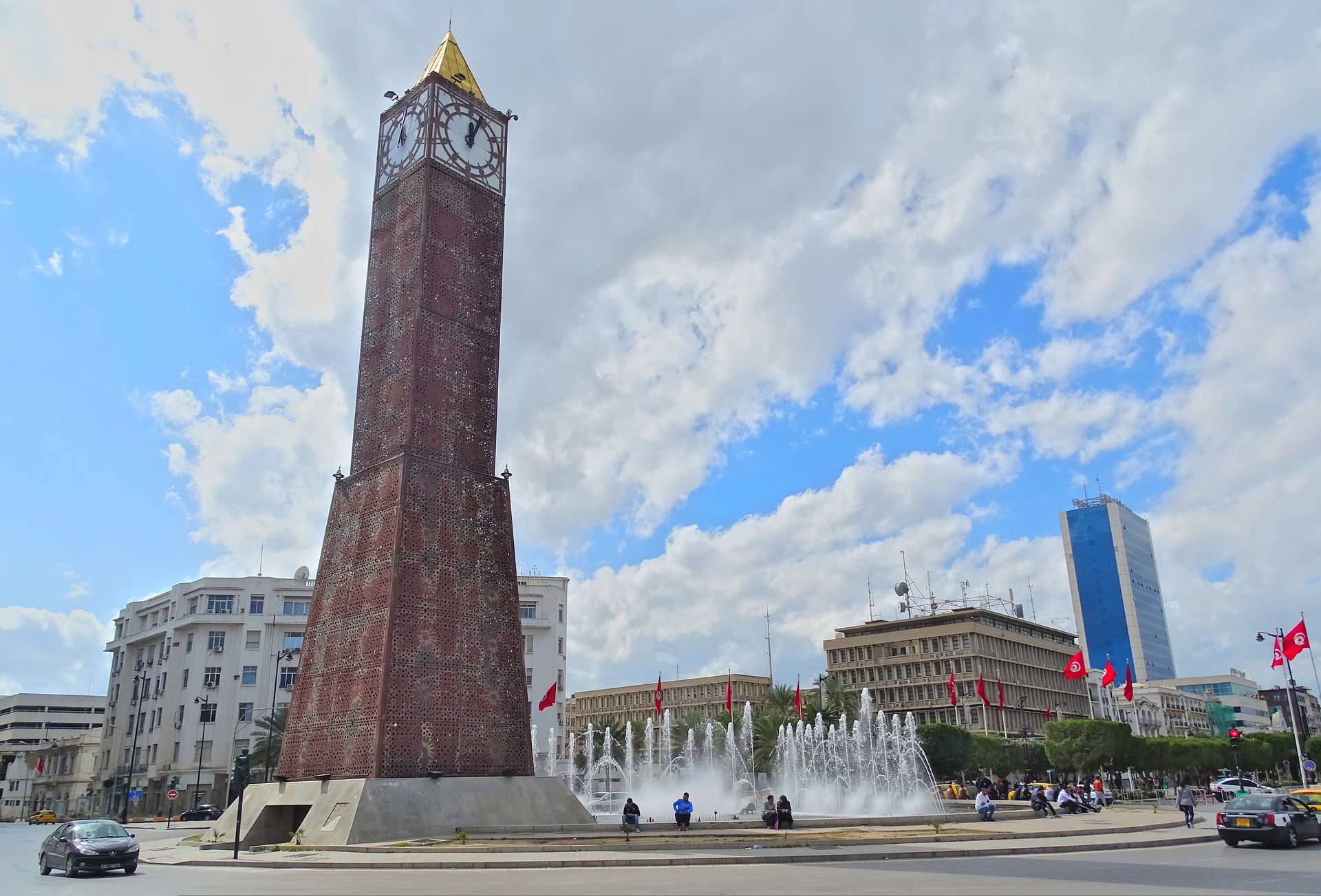- Actualités
- General information
- Local market and economy
- Legislation et Administration
- Entrepreneurship
Discover Tunisia
Tunisia is a North African country very close to Europe via the Mediterranean. Its geographical position places it at the centre of Euro-Mediterranean transit. A true regional hub in terms of production, investment and international trade. The population is an estimated 15 million inhabitants. With a surface area of 163,610 km², Tunisia is the smallest country in the Maghreb. It shares borders with Algeria to the west and Libya to the southeast. The north and east of the country open onto the Mediterranean Sea. While about 40% of Tunisia's territory is Saharan desert, 60% of the rest of Tunisia is fertile land.
The hospitality and peacefulness of the Tunisian population are among the main attractions of this country. The quality of life is pleasant, and the average life expectancy is over 76 years of age. The landscapes and the relaxed way of life are appreciated in the cities, on tourist sites and in places of leisure such as beaches, the Sahara Desert or the island of Djerba. Tunisia has always been one of the most resilient and successful economies in the Arab Gulf. The country has a diversified economy, although historically rooted in agriculture. As such, Tunisia has become the world's 2nd largest exporter of dates and olive oil.

Reforms undertaken by the government have created a favourable business climate. Political stability and incentive tax legislation ensure a stable social and economic environment conducive to investment. The government has also increased privatisation while reducing its interventionist policy. Guarantees and facilities are now granted to local and foreign investors.
(Sources : Invest in Tunisie, Ministère de l'Environnement et du développement durable, Ambassade de la Tunisie , Agence de promotion des investissements agricoles)


